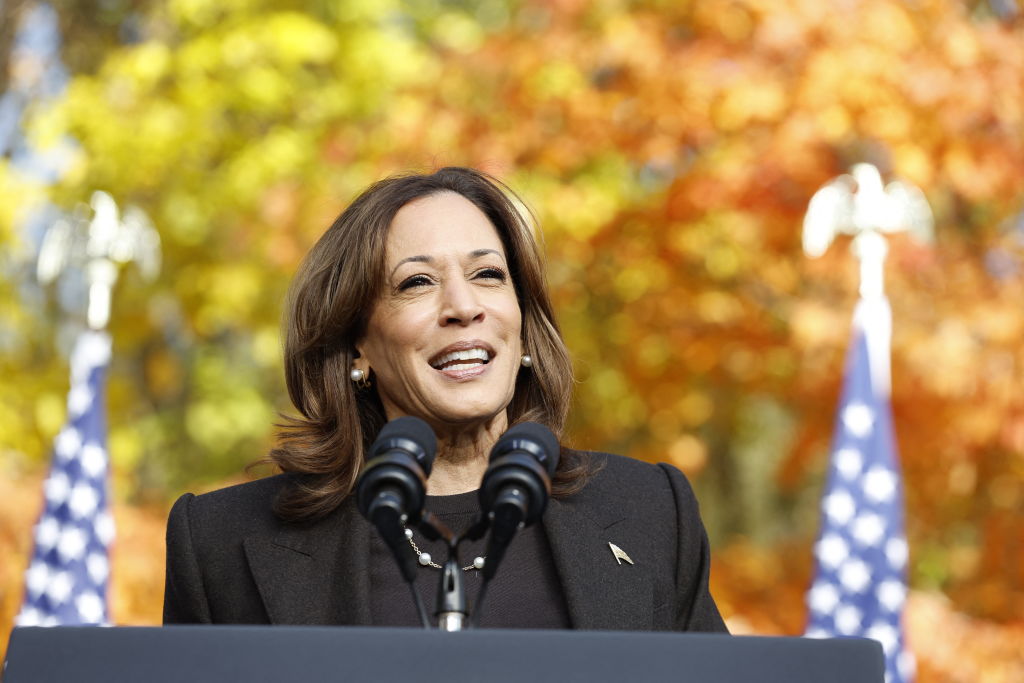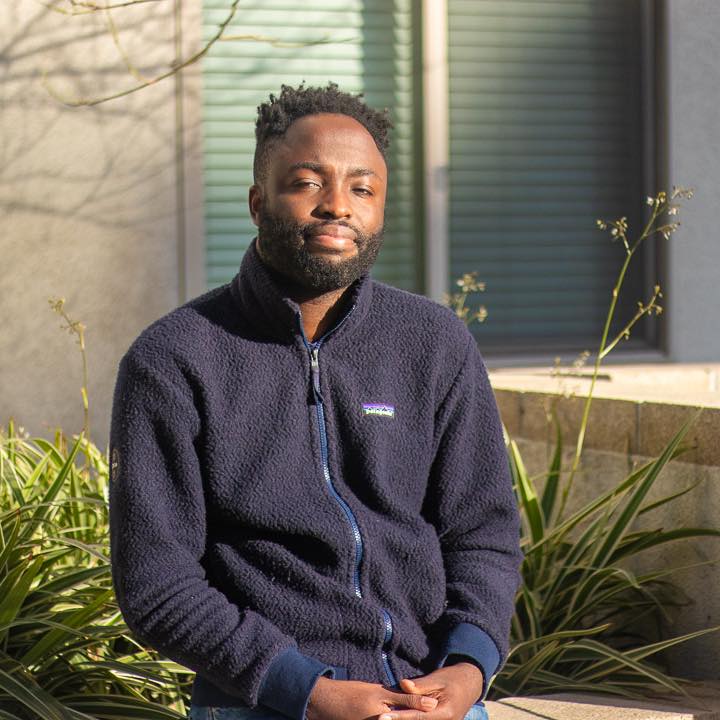Editorial Note: Opinions and thoughts are the author’s own and not those of AFROTECH™.
Often, in the political process, whether at the local, state, or federal level, Black men feel as though they are not considered when it comes to policy. Vice President Kamala Harris changed that when she released her nine-page economic agenda proposal called the Opportunity Agenda for Black Men.
This document outlined how she specifically wanted to improve Black men’s lives holistically. Harris plans to take five steps to increase the prosperity of Black men. (1) Provide 1 million forgivable loans of $20,000 for Black men to create businesses; (2) Provide education, mentorship, and apprenticeship programs aimed at getting Black men into higher demand industries, as well as create pathways to bring more Black men into the world of teaching; (3) Support regulations for cryptocurrency, which Black men are materially represented in as holders of these assets; (4) Launch a National Health Equity Initiative focused on sickle cell disease, diabetes, prostate cancer, and other diseases that disproportionately impact Black men; and (5) Continue marijuana legalization and create pathways for Black men to benefit from the legalized industry.
While all of these would benefit Black men as a whole, there are parts of it that stick out to me as impacting Black men’s role in the tech industry moving forward. The portions of the proposal about business loans, mentorship and apprenticeship, as well as the National Health Equity initiative are the ones that will impact Black men’s lives in the tech industry the most.
Access to capital for Black people in tech has been challenging, to say the least. As recent as 2023, Black people in tech only raised 0.5% of all venture capital that was raised that year. And usually, before a founder raises capital from firms they raise something Silicon Valley calls the Friends & Family round. A friends and family round is when people ask — like the name suggests — their friends, family, and overall network to invest thousands if not hundreds of thousands of dollars into their company to get things going.
Given the real economic challenges that have faced Black people historically and the homogeny of people’s social networks, the probability of the average Black man being able to raise the friends and family round is lower than it is for the average person represented in tech. A $20K forgivable loan could be the friends and family round that would help a larger portion of Black men participate in the early-stage startup ecosystem as founders. Outside of the direct economic benefits of having more Black men in the ecosystem, it would also create a more diverse set of problems that will need to be tackled. Such a change would, in turn, open up a variety of opportunities for people to work as problem-solvers, which is always good.
The right type of mentorship does not only provide a sharper skill set but also access to capital, both monetary and social. Those two types of capital are seen throughout the tech ecosystem but, unfortunately, Black men have not been the biggest winners of having either of those in abundance. Mentorship programs provide participants with the social capital they need to open up opportunities to raise or make capital.
Harris’ plan for focusing on mentorship for Black men reminds me of Former President Barack Obama’s focus on this but for boys of color, which is called My Brother’s Keeper Alliance or MBK for short. The goal of My Brother’s Keeper Alliance is to increase the quality of life for boys of color through six milestones that they need to hit throughout their childhood, adolescence, and adulthood to reach their full potential.
With her plan, Harris aims to create opportunities to get into high-demand industries, and tech is one of the highest. If Harris properly allocates time and attention, we will be able to move the needle forward as long as the right type of opportunity organizations are funded. An example of one that does this right for Black girls is Black Girls Code, which seeks to bring more Black girls into the world of computer science.
What I would like to see is Harris’ plan start as early as possible when it comes to giving Black boys the proper exposure to opportunities and the skillset required to get certain opportunities — preferably as soon as we start talking to them about careers. If we only get Black men exposed when they are out of high school, they are already way behind, and no amount of mentorship at that point will make up for the gap that is there. If Harris focuses her attention as early as possible on the current and emerging sectors in tech such as AI and semiconductors, she could materially change the trajectory of the Black boys of today who will be the Black men of tomorrow.
Some feel as though Kamala’s economic agenda for Black men came a bit too late in the game for it to matter to those she is most looking to connect with. The critiques that she has gotten are fair. If the agenda mattered then why is it coming in so late? I can see how it may seem like a a Hail Mary to rally votes from a base that she knows she will need on Nov. 5. While I agree that this agenda could have been communicated earlier, it’s still a plan. She is the first presidential candidate who specifically called out Black men as a group to help. If Harris follows through on her agenda, the opportunities that Black men will have in tech will be much greater in the future than they are currently or in the past.
—
Joshua Ogundu is the CEO and founder of Tradeway, a company backed by Bloomberg Beta and Techstars that connects the construction industry to the tools they need to increase safety and productivity.


